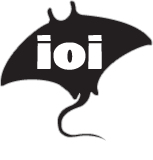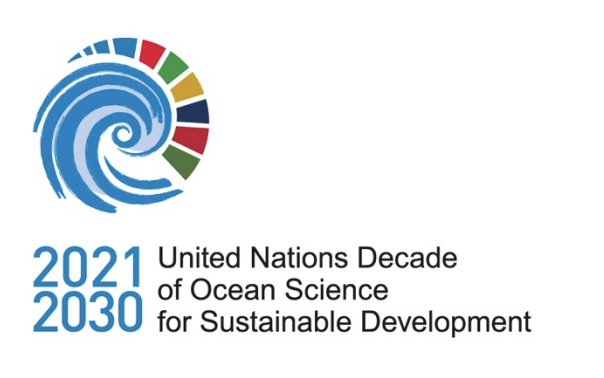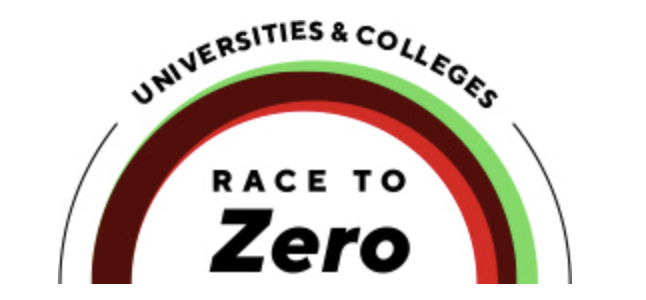Imagine that you’re starting high school as a freshmen all over again; you don’t know where any of your classes are, your stomach isn’t even sure it can hold down breakfast because the butterflies in your stomach have now become giant wasps bussing around inside you looking for a way out, and you don’t even have a brand new Jamesport backpack to help you make it through, you are just stuck with your old bag from middle school, who knows if you’re gonna make it through the day. That’s what it feels like to fly all the way from Colorado to Guayaquil, Ecuador so that you can live the next three months on a desert island with a whole new family, culture, and language that aren’t your own. I kept myself calm for all of the plane flights by just not thinking about what it was going to be like, I was just going to get there and everything would be fine, or so I hoped.
It is no easy feat to get from Guayaquil to Puerto Villamil, a small port town with a population of 2,800 people on the far west island Isabel in the Galapagos Archipelago, my new home. We took a plane to Baltra Island, hopped a bus to the port, took a boat from the port, with all our luggage precariously perched on the top, to Santa Cruz, and from Santa Cruz we popped onto another boat for two hours to finally arrive in Puerto Villamil. It was at this point when we were moving from the speed boat to the taxi which would take us to the actual dock that I started to feel those wasps in my stomach and it was most definitely not because of the boat ride we just took. What if my Spanish wasn’t up to par? What if my family didn’t like me or didn’t want to spend time with me? Was I doomed to just be a floater in their home never really integrating into the family? That’s what I really wanted; to become apart of their family, to form a connection that would last a lifetime, or at least the next three months I hope.
On the docks I was surprised to learn that the families were actually waiting for us at the IOI facility, I had about 6 minutes to prepare myself, I spent most of it trying to keep the wasps inside my stomach, not out. At the IOI campus there they were, all the parents lined up, sitting under a green tent, calmly waiting, how could they be calm right now? They were about to let complete strangers into their homes, a bunch of college students who may or may not be able to speak Spanish coming into their lives, and they seemed unfazed. All of the students lined up in front of the families and Amanda, the international coordinator for IOI had us play a game to find our family, each student had a paper with an animal name on it and each family who the student belonged to had a matching animal on their own paper, we the students had to make that animals noises and sounds so that our new island parents could find us.
Why did I have to get a horse? Of all the animals that make sounds I cannot imitate a horse, and what was I suppose to do? Gallop around the IOI yard at full canter so my family can see that I’m full on crazy? I still cringe internally a bit at that particular moment. Luckily my family found me before I had to go to such lengths, and suddenly when my dad Freddy and my mom Jenny ran up to me and gave me one of the most memorable hugs of my life, I didn’t feel so worried. They looked at me like a was already some one important to them, Freddy didn’t remove his arms from around my shoulders until we left IOI to go home, I felt like he was trying to make sure I knew I was theirs and that they wanted to make sure I made it home with them.
In my house my little sister Julie ran up and hugged me around the legs, her little 6-year-old arms reaching to their max capacity to get all the way around my legs. She was the best icebreaker for my arrival home; I thought she might be shy with me as some young kids are with strangers, but Julie could never be shy, and her bravery was infectious! When I tried my rusty Spanish out with them for the first time, sitting around the dinning room table it was amazing. They told me I spoke great Spanish and their compliments made me fearless, adding to my efforts to talk with them. We fell into a natural flow of conversation, them occasionally having to decipher what I was trying to explain via my pantomiming of various things, laughing as we went and my hand gestures became sillier and sillier. This new family was definitely going to work out, I could feel it.
I don’t know when it happened exactly, but one by one all 15 of us students have now started to call our host family our true family here; we have to clarify when we are talking about our parents or siblings here on the Island or back in the US. My mom is just my mom here, it’s easier but also she treats me like I am her daughter, making sure I am doing what I need to, even reprimanding me for forgetting to lock my door when I leave the house. Just last night she locked my bedroom door for me, and when I came home panicked that I had forgot to bring my keys with me and that I was locked out, she let me panic for a split second and then told me where the keys were, saying she had locked it to keep Julie my younger sister out and that I must take my keys with me from now on. This may be a small island community but I am not treated like an outsider, the people here are loving and friendly, wanting to talk with you just to learn more about you. I think I have found exactly what I was hoping I would here, a new family and people to have a deep bond with for the rest of my life.




















